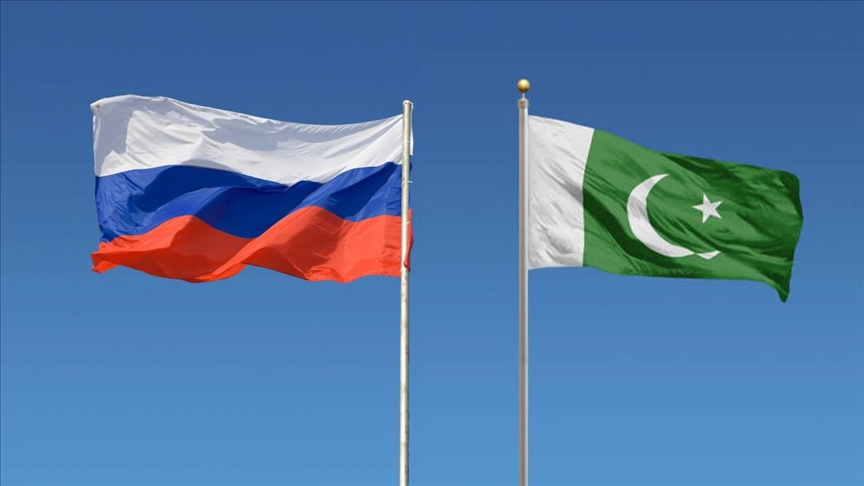After months of intense campaigning, Pakistan was elected as a non-permanent member of the United Nations Security Council on Thursday, achieving a resounding majority. In the 193-member General Assembly, Pakistan received 182 votes, significantly surpassing the required two-thirds majority of 124 votes.
The announcement of the election results was met with loud applause in the General Assembly hall. Dennis Francis, the President of the General Assembly, declared the winners of the five non-permanent seats: Pakistan, Denmark, Greece, Panama, and Somalia. These countries will replace Japan, Ecuador, Malta, Mozambique, and Switzerland, whose terms will end on December 31. Francis extended his congratulations to the newly elected members.
Starting January 1, 2025, Pakistan will take over the Asian seat from Japan, marking the beginning of its eighth term on the Council. Munir Akram, Pakistan’s permanent representative to the UN, expressed his delight upon emerging from the hall. Speaking to an APP correspondent, Akram stated, “Pakistan’s election represents the confidence of the international community in Pakistan’s ability to promote the purposes and principles of the UN Charter.” He emphasized that Pakistan would actively collaborate with other Council members to advance shared objectives, particularly in conflict prevention and peaceful conflict resolution.
Pakistan’s previous terms on the Security Council were in 2012-13, 2003-04, 1993-94, 1983-84, 1976-77, 1968-69, and 1952-53. Akram highlighted that Pakistan’s priorities include:
- Promoting peace and security in South Asia
- Upholding the principle of self-determination for the people of Palestine and Kashmir
- Promoting normalization in Afghanistan
- Seeking equitable solutions to security challenges in Africa
- Enhancing the effectiveness of UN peacekeeping operations
“Pakistan plans to pay special attention to these areas during its term,” Akram added.
As a long-standing contributor to UN peacekeeping missions, Pakistan currently has over 4,000 troops and other personnel deployed worldwide. Over the past 50 years, Pakistan has made significant contributions to international peace and security through its involvement in these missions.
The new non-permanent members will join the five permanent members — the United States, Russia, China, the United Kingdom, and France — along with the five non-permanent members elected last year: Algeria, Guyana, South Korea, Sierra Leone, and Slovenia.
The election of Pakistan to the UN Security Council is a significant achievement, reflecting the country’s diplomatic efforts and international standing. The intense campaigning period saw Pakistan rallying support from various member states, highlighting its commitment to global peace and security.
During his address, Munir Akram reiterated Pakistan’s long-standing commitment to global peace and security. He emphasized that Pakistan’s election is not just a diplomatic victory but also an affirmation of the international community’s trust in Pakistan’s capabilities and its adherence to the UN Charter’s principles.
Akram outlined Pakistan’s strategic priorities on the Council, focusing on South Asia’s peace and security, supporting self-determination for Palestine and Kashmir, and promoting stability in Afghanistan. Additionally, he underscored the importance of addressing security challenges in Africa and improving the effectiveness of UN peacekeeping operations, areas where Pakistan has historically played a crucial role.
Pakistan’s involvement in UN peacekeeping missions has been substantial and impactful. With over 4,000 troops and personnel currently deployed in various missions worldwide, Pakistan has consistently demonstrated its commitment to maintaining global peace and security. Over the last five decades, Pakistan has contributed significantly to numerous peacekeeping operations, earning recognition and respect from the international community.
As Pakistan prepares to assume its role on the Security Council, it faces the responsibility of addressing some of the world’s most pressing security challenges. The collaborative efforts with other Council members will be crucial in advancing the shared objectives of conflict prevention and resolution, promoting human rights, and ensuring sustainable development.
The transition period leading up to January 2025 will be critical for Pakistan to solidify its strategies and prepare for the responsibilities that come with being a non-permanent member of the Security Council. The international community will be watching closely as Pakistan takes on this significant role, anticipating positive contributions towards global peace and security.




